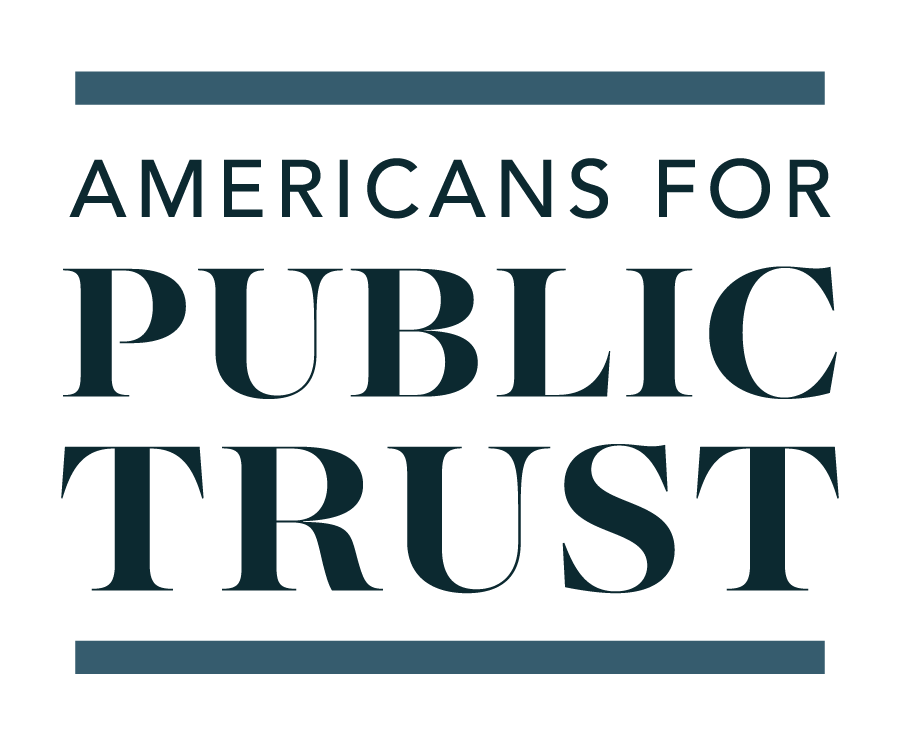In response to the passage of the CARES Act on March 27, 2020, the Committee on Ethics has issued guidance and has reiterated standing House rules governing conflicts of interest. The CARES Act was enacted into law in response to the economic impact of coronavirus.
A section in the bill allocates $500 billion for eligible businesses and individuals to apply for relief funding; however, the Committee on Ethics has advised that Members and their families proceed with caution if interested in submitting an application.
The CARES Act contains a conflict of interest provision which prohibits Members and their immediate family, including their spouse, children, sons-in-law, and daughters-in-law, with a 20% equity or ownership interest in a company from applying for relief under the CARES Act. Additionally, any company that does receive funds under the CARES Act must certify that a conflict of interest does not exist. This conflict of interest provision does not apply to other forms of assistance contained in the legislation, such as the Paycheck Protection Program; however, other standards may apply to Member conduct.
Certain federal law governing conflicts of interests is always applicable for the behavior of Members. Criminal law prohibits Members from entering into a contract or agreement with the U.S. government. Additionally, Members and their staff cannot accept any compensation for the performance of “representational services” before a federal agency.
The House Code of Conduct also establishes general guidelines for Members, including that Members must act at all times in a way that reflects creditably on the House. The House cautions that it is important for Members to maintain trust through public perception. When voting on legislation, conflict of interest provisions prevent members from voting on legislation that would directly impact their personal financial situation. The Committee on Ethics is even more strict on activities that include sponsoring legislation or promoting financial gain through other activities.
For the full guidance, read further here.






